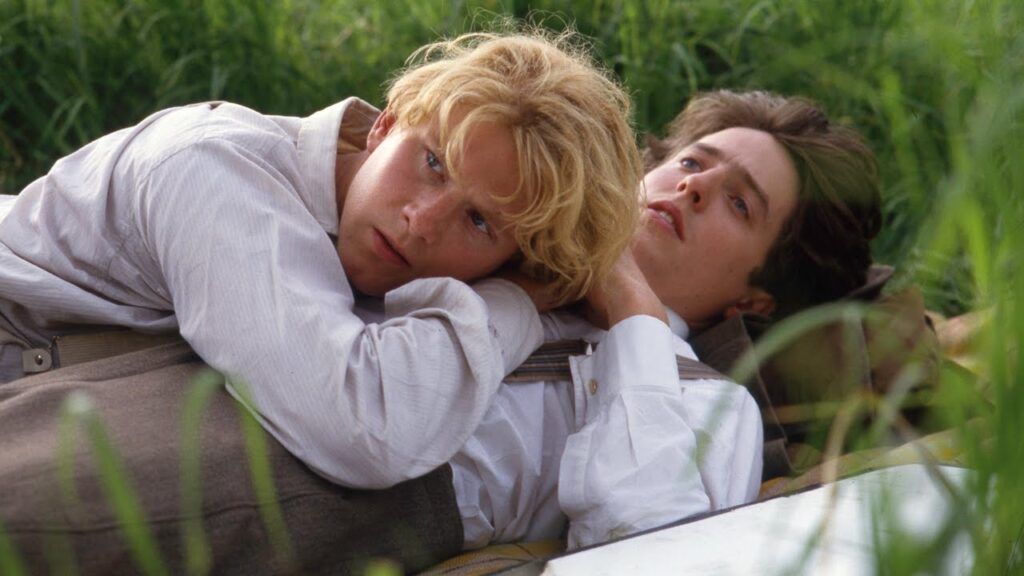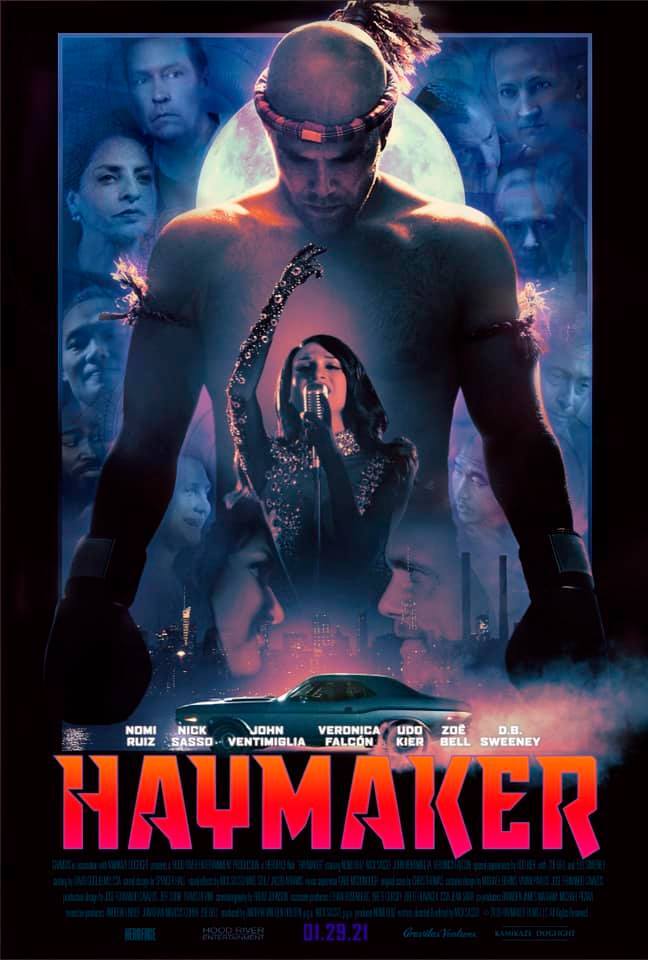Classic Film: Maurice
Written by Ian Thomas Malone, Posted in Blog, Movie Reviews, Pop Culture
The major advances in the fight for LGBTQ equality can make it easy to forget how much of a death sentence being gay used to be in a so-called polite society. Prior to 1967, male homosexuality was punishable in the United Kingdom by prison sentences with hard labor, a lifetime of shame, and ostracization to follow. As history has demonstrated time and time again, punishing people for being gay does not in fact stop anyone from being gay. The gay cannot be whipped, beaten, or prayed out of the individual, a reality that much of the world is still, unfortunately, grappling with.
The 1987 film Maurice adapts the E.M. Forster novel of the same name, published posthumously after the author’s death undoubtedly to shield his own homosexuality. Set at the tail end of the Edwardian era, Maurice (James Wilby) is a lazy affluent student at Cambridge, not very adept at concealing his own sexuality. A fellow gay classmate Risley (Mark Tandy) catches on, playing matchmaker between Maurice and Clive (Hugh Grant), the two possessing instant chemistry, the kind of effortless passion that fuels countless romance narratives.
Of course, gay people are not supposed to fall in love, especially not in pre-World War I England. The breezy lifestyle of the leisure class serves as an exceptional incubator for Maurice and Clive’s romance, picnics in the grass, and nothing to worry about except one’s attire for the evening. That, plus England’s egregiously regressive punishments for homosexual conduct.
Like the early 1900s, 1987 was not a particularly easy time to be gay either. With the AIDS epidemic sweeping the globe, Reagan-era puritanism looked to the virus as a way of punishing homosexuals for our perceived vile way of life, the exertion of God’s will upon the wicked. Decades before HIV’s discovery, Maurice’s generation had a similarly dismal prognosis on life.
Director James Ivory understands the political implications of his film better than anyone. Maurice rises above its predictable narrative through its resounding commitment to the idea that happiness will always triumph over a life in the closet, no matter the cost. Maurice isn’t a particularly interesting character. Wilby’s wide-eyed optimism bails out the messier aspects of his performance, particularly his clunky intimate scenes with Grant.
Gay happiness remains a radical idea, over a century removed from the events of the narrative, and fifty years after Forster’s death. Ivory does right by the source material, making great use of his locations to highlight the contrast between the freedom that all the space a country house allows, and the reality of the unsustainable cost of retaining who you are as part of that society. The punishments for homosexuality were severe, but repression is itself a death sentence.
Laws banning homosexuality attempted to craft an easy outcome for gay people. You’re not supposed to want to sacrifice everything, but that’s also a fundamental point that anti-LGBTQ legislators fail to understand time and time again. You can threaten someone with the worst consequences imaginable. You can take everything from them and strip away every fiber of their dignity, but no amount of homophobia can squash that basic human desire to be fulfilled.
Countless countries have committed egregious atrocities against their LGBTQ citizens. Maurice is a needed reminder of how irrelevant the stink of hate can feel to a mind at ease with itself. Love cannot be conquered by society’s efforts to legislate it out of existence.












